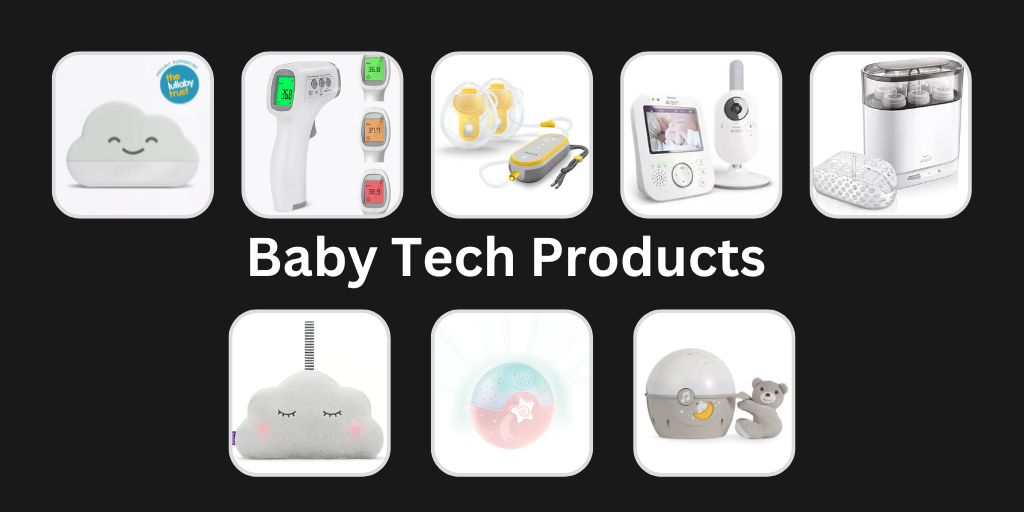
Berkshire and Surrey Pathology Services is extending its WinPath Enterprise laboratory information system to the labs serving Surrey and Sussex Healthcare NHS Trust, to support an expansion that will make it one of the largest pathology networks in the country.
BSPS was formed in 2016 to provide a modern pathology service for four trusts and five acute hospitals. The addition of SASH’s services will expand the network by around 20%, so it serves five trusts and six acute hospitals.
When the expansion is complete, later this year, the network will employ around 1,450 people, and conduct around 46 million tests per year for its hospitals, local GPs, and other services.
Nicola Newman, managing director for BSPS, said: “There are pre-existing patient flows between SASH and some of the other network sites, particularly for cancer services. Along with the ICS boundary changes across Surrey Heartlands, it made absolute sense for SASH to join the BSPS network.
“We’re excited to have them on board and to be able to demonstrate the benefits of the network model for pathology, which is being rolled-out across the country, to make testing services more efficient and fit for the future.”
BSPS operates a hub and spoke model, in which some laboratories focus on tests for GPs and others run tests to support the day-to-day acute work for the hospitals in which they are based or provide specialist testing services. BSPS also provides screening services for the South of England Bowel Cancer Screening Programme and the South and South East NHSE Region for the HPV Screening Programme.
The CliniSys LIMS makes sure that all the laboratories use the same, standardised procedures for testing, so staff can move easily between sites in response to demand.
This flexibility was essential during the Covid-19 pandemic, when the network was asked to set up new testing services for its trusts to provide centralised Covid-19 testing for the network.
SASH’s pathology services are being brought into the hub and spoke model in three phases. The first phase, which saw microbiology, virology and immunology services integrate into BSPS, is now complete and the remaining two phases should be concluded by the end of the year.
SASH will also benefit from new automation equipment at its rapid response laboratory and from an existing deployment of digital histopathology at the cancer hub at the Royal Surrey County Hospital.
In addition, the network will roll-out a standardised version of the CliniSys Integrated Clinical Environment, or ICE, for its GPs, which will enable clinicians to order tests and view results from anywhere within the network.
And next year it will move to the latest version of WinPath Enterprise, hosted in the cloud, to enable even more flexibility and to make it easier to deploy AI and other cutting-edge technologies.
Richard Craven, CliniSys CEO, said: “BSPS is proving the case for the development of pathology networks that was made by Lord Carter in 2016. In his landmark report, Lord Carter argued that pathology services should consolidate to create the scale necessary for standardisation and investment.
“We have seen BSPS deliver impressive levels of efficiency savings while improving services for clinicians and patients, by investing in state-of-the-art technology. It has been a privilege to be part of the network’s development, and to be supporting its extension to SASH. We look forward to continuing to contribute to whatever it does next.”
As well as providing pathology services to hospitals and GPs, BSPS has developed an extensive repertoire of point of care tests for patients, and Nicola expects these to be an important part of its future development.
“Covid-19 has raised the profile of pathology with the general population,” she said. “There is much greater awareness of the importance of testing in diagnosis and, on a personal level, people have become used to ordering tests online and undertaking tests in their own home or sending them back, and getting the results on mobile phones.
“We were on a journey to near patient testing and point of care testing and the pandemic has really pushed that model forward so it is important to further develop testing in this area.”









